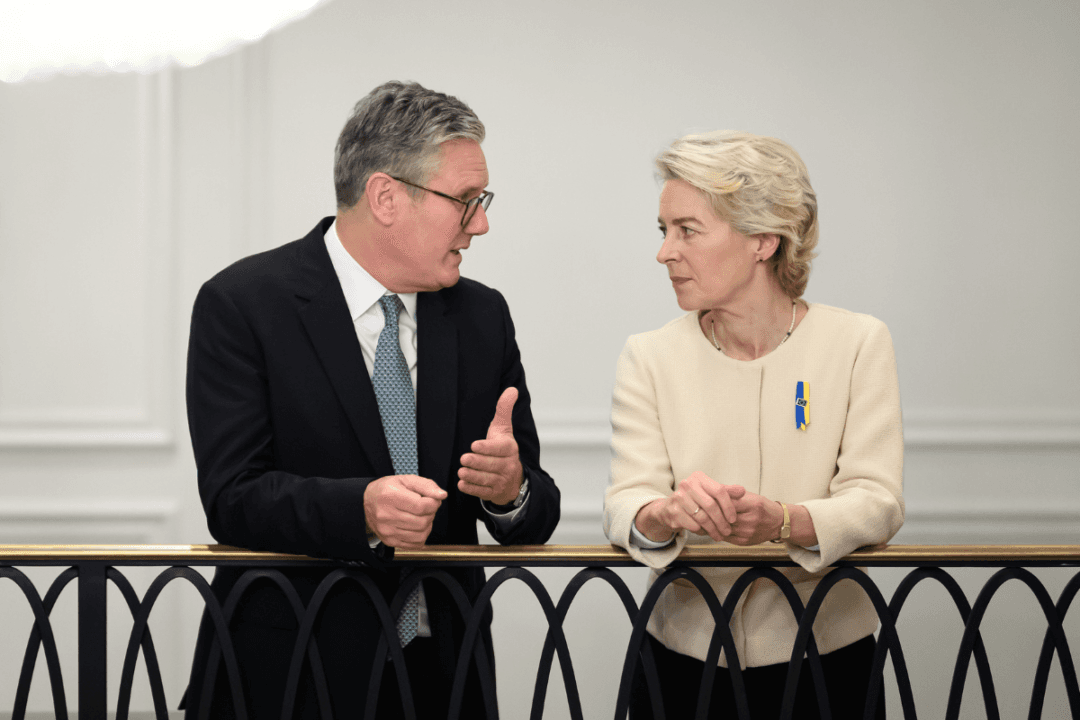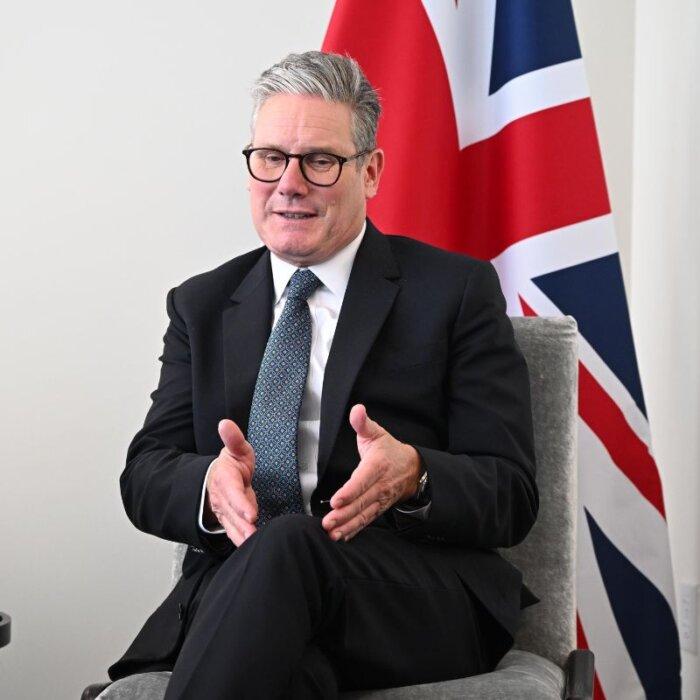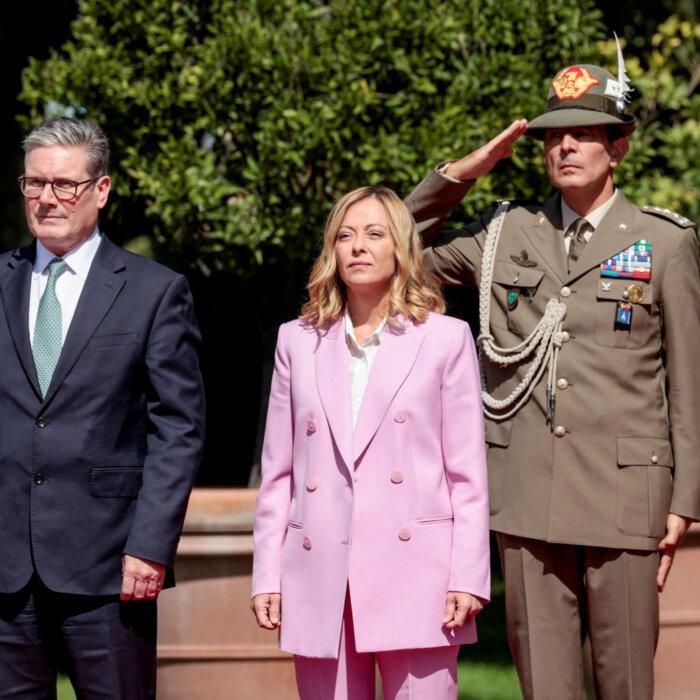Prime Minister Sir Keir Starmer heads to Brussels on Wednesday to meet with EU leaders, promising to “put the Brexit years behind us” and establish a new relationship with the bloc.
Talks with European Commission President Ursula von der Leyen as well as other senior figures in the EU are set to focus on a broad security pact and opening barriers to UK–EU trade, as well as discussing border security amid the continued flow of asylum seekers and illegal immigrants crossing the European continent.
According to a statement from the prime minister’s office on Tuesday, while Starmer—who backed Remain in the 2016 EU referendum—is seeking improved relations with the bloc, “he has been clear there will be no return to the single market, the customs union or freedom of movement.”
Ahead of the trip, Starmer said the UK was stronger when working within international partnerships, and “this has never been more important - with war, conflict and insecurity all knocking on Europe’s door.”
He continued: “We will only be able to tackle these challenges by putting our collective weight behind them, which is why I am so determined to put the Brexit years behind us and establish a more pragmatic and mature relationship with the European Union.
International Conflicts
Soon after Labour won the July 4 election, Starmer began forging closer ties with the EU, promising his government could come to better trading arrangements with Brussels than had been agreed by former Conservative Prime Minister Boris Johnson.Talks of a security pact have come in parallel with discussions to improving trade in Europe. Foreign Secretary David Lammy had said the pact would underpin a new geopolitical partnership, which will see the new government working closely with allies in the Joint Expeditionary Force, a military task force comprised of northern European nations which tackles global crises.
These positions come amid rising global instability, such as the Russia–Ukraine war—on the borders of EU and NATO countries—and Israel’s multi-front war against Iran and its proxies in the region, like Hamas in the Gaza Strip and Hezbollah in Lebanon.
Starmer Condemns Attacks on Israel
Starmer used his platform as a world leader at the recent U.N. General Assembly and Security Council meetings to call for a ceasefire between Israel and Hezbollah, and in the Gaza Strip, saying he feared the region was “potentially at a brink point.”According to a government statement, the prime minister was on the phone to Israel’s Prime Minister Benjamin Netanyahu when Iran’s attack began, with Starmer expressing to his counterpart the UK’s commitment to Israel’s security.
Later in a televised address, Starmer said: “I utterly condemn this attempt by the Iranian regime to harm innocent Israelis, to escalate this incredibly dangerous situation and push the region ever closer to the brink. It cannot be tolerated. We stand with Israel, and we recognise her right to self defence in the face of this aggression.”
The prime minister then denounced Iran, saying the Islamic republic “must stop these attacks, together with its proxies like Hezbollah. Iran has menaced the Middle East for far too long, with chaos and destruction brought not just to Israel, but to the people they live amongst in Lebanon and beyond.”
“Make no mistake, Britain stands full square against such violence. We support Israel’s reasonable demand for the security of its people,” he added.







